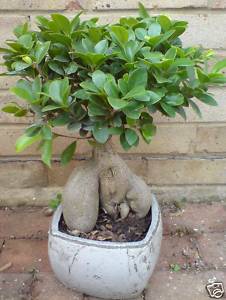lawn care
By now, you should know that your lawn is not perfect. It may become perfect under your guidance and care, but for now, there are still some issues that you will have to deal with. Once you have seeded your lawn, fertilized it, and have watered it for a few weeks, you may notice that weeds have begun to invade.
They will start out small, just one or two. But they will multiply quickly. In just a few short days, you may have a small colony of weeds. If you leave them alone, they will begin to crowd your lawn and soak up the fertilizer which will cause the grass to stop growing. Weeds could potentially destroy your near perfect lawn in a month or less if you do not take action.
Never fear, there are ways to keep the weeds under control using both natural and chemical solutions. But what about other lawn care problems such as rocky soil and thatch? You will also learn how to combat these problems or at least learn to work around them so that you will be allowed to enjoy the lawn you have created.
WEEDS
There are many different types of weeds than can find their way to your lawn. Weeds survive by pushing other plants, grass, and flowers out by using their roots to siphon water and nutrients from the soil. Weeds can act very quickly if not removed.
You should plan to spend an hour or two a week weeding your lawn. This will help keep the weed population low. Basic types of weeds include:
Broadleaf weeds (dandelions have broad leaves)
Creeping Charlie
Japanese Knotwood
Woody weeds
Vine weeds
These types of weeds are important to recognize because their removal may depend on how you pull them or which chemicals you use. While you do not need to know their Latin names, be aware of what they look like.
Whether you have seeded your lawn, or if you bought property that already has grass, you should think about how you would like to remove existing weeds and prevent new ones from growing. While you will have to resort to weed pulling every now and again, there are ways to reduce this by using organic and chemical methods. You can combine these methods until you find a way that will work for your lawn.
Terry Blackburn. Internet Marketing Consultant, living in South Shields in the North-East of England. Author and Producer of blog http://www.lawnsurgeon.blogspot.com Author of "Your Perfect Lawn," a 90 Page eBook devoted to Lawn Preparation, Lawn Care and Maintenance. Find it at http://www.lawnsurgeon.com
I would be very interested to have your comments on this Article.
Article Source: http://EzineArticles.com/?expert=Terry_Blackburn
Terry Blackburn - EzineArticles Expert Author
lawn care

No comments:
Post a Comment